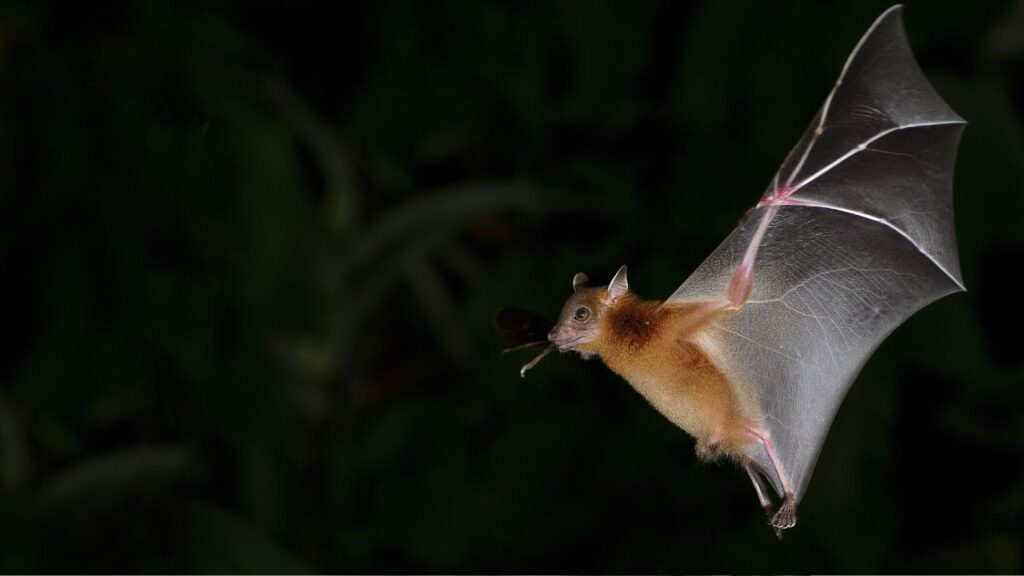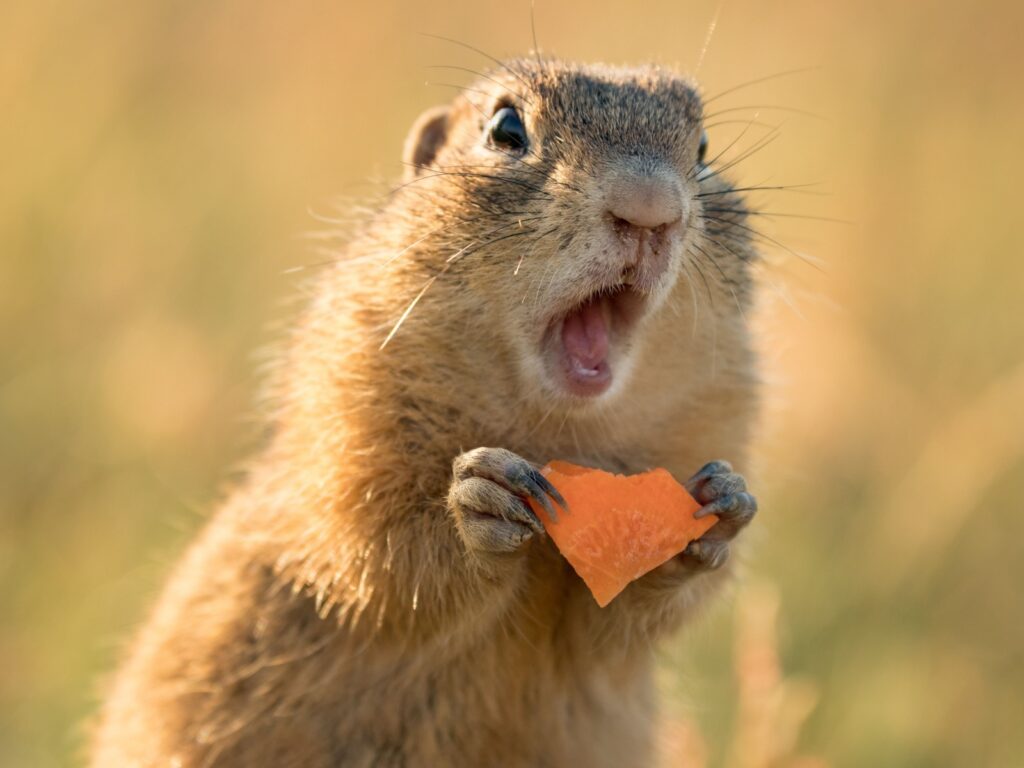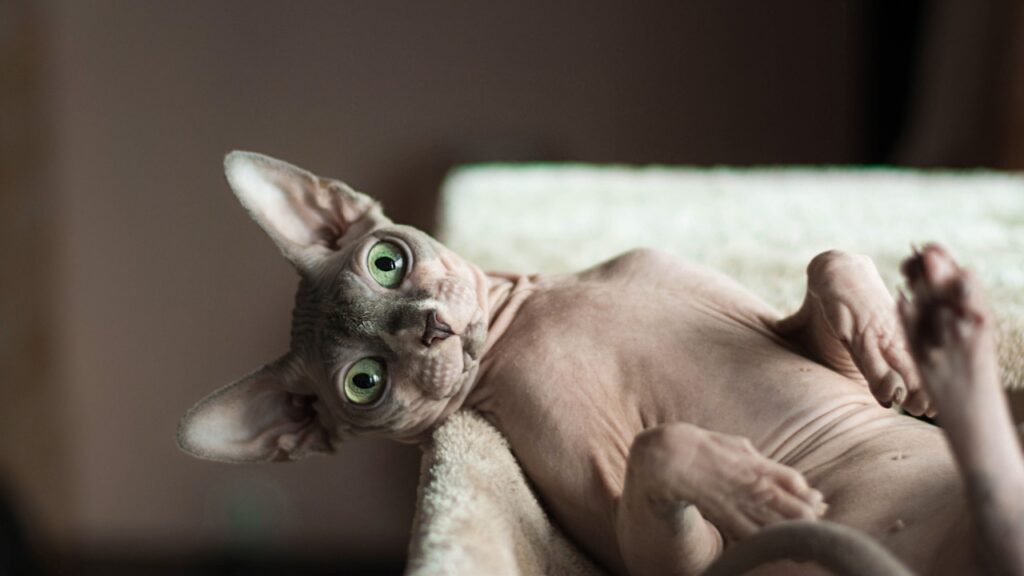Bats are truly remarkable creatures that play a vital role in our ecosystems. From pollinating our favorite fruits to eating pesky insects, these flying mammals are heroes of the night. Let’s explore 18 reasons why we should appreciate and love these incredible animals.
1. Bats Are the Only Flying Mammals
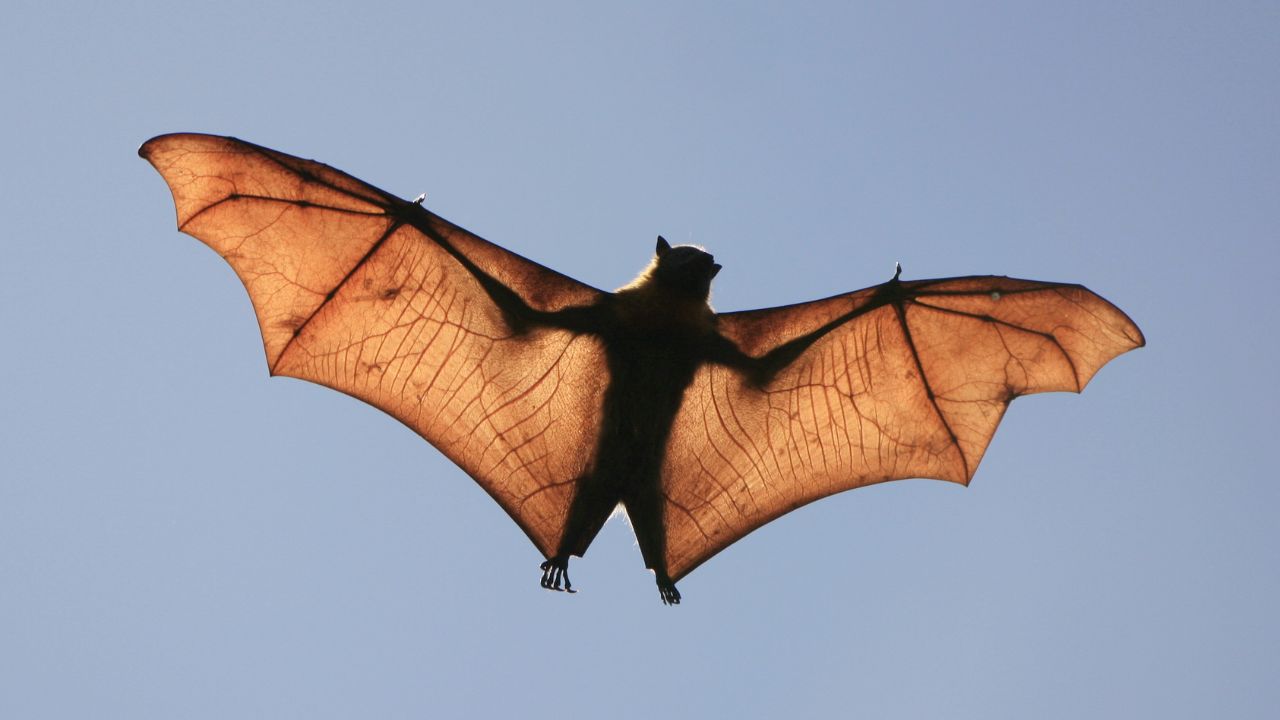
Bats are the only mammals that truly fly. While other mammals like flying squirrels can glide, bats have evolved specialized wings that allow them to fly with incredible agility and speed.
2. Bats Are Incredibly Diverse
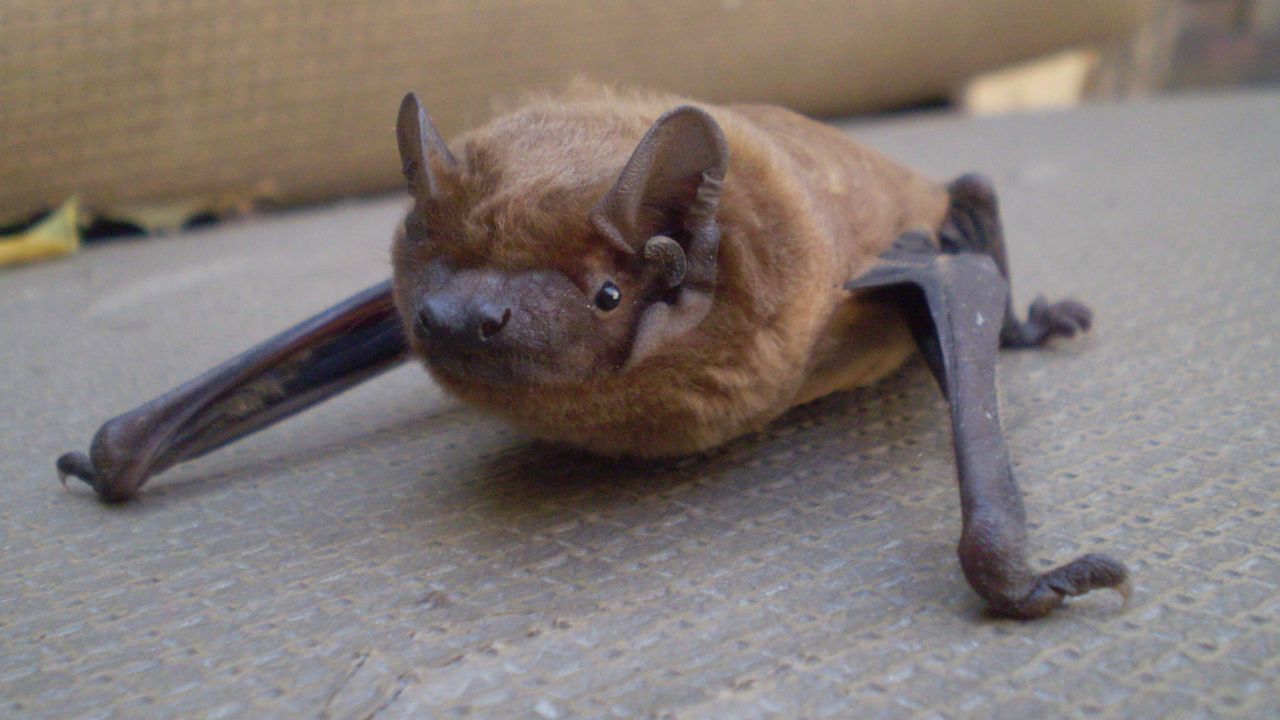
With more than 1,300 species living all over the world, bats are an incredibly diverse group of mammals. They come in a wide range of sizes, colors, and shapes, each adapted to their unique environment.
3. Bats Help Control Insect Populations
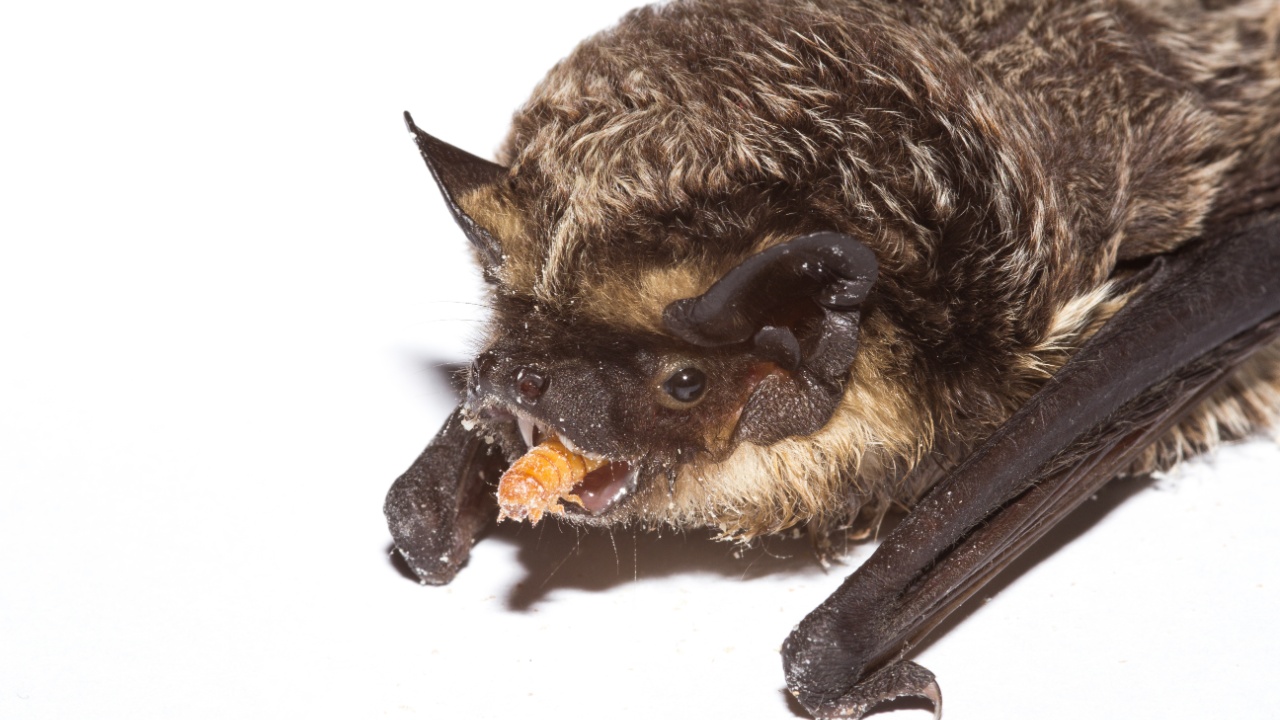
Many bat species are insectivores, meaning they eat insects like mosquitoes and crop pests. By consuming large numbers of these insects, bats help control their populations and reduce the need for pesticides.
4. Bats Pollinate Important Plants
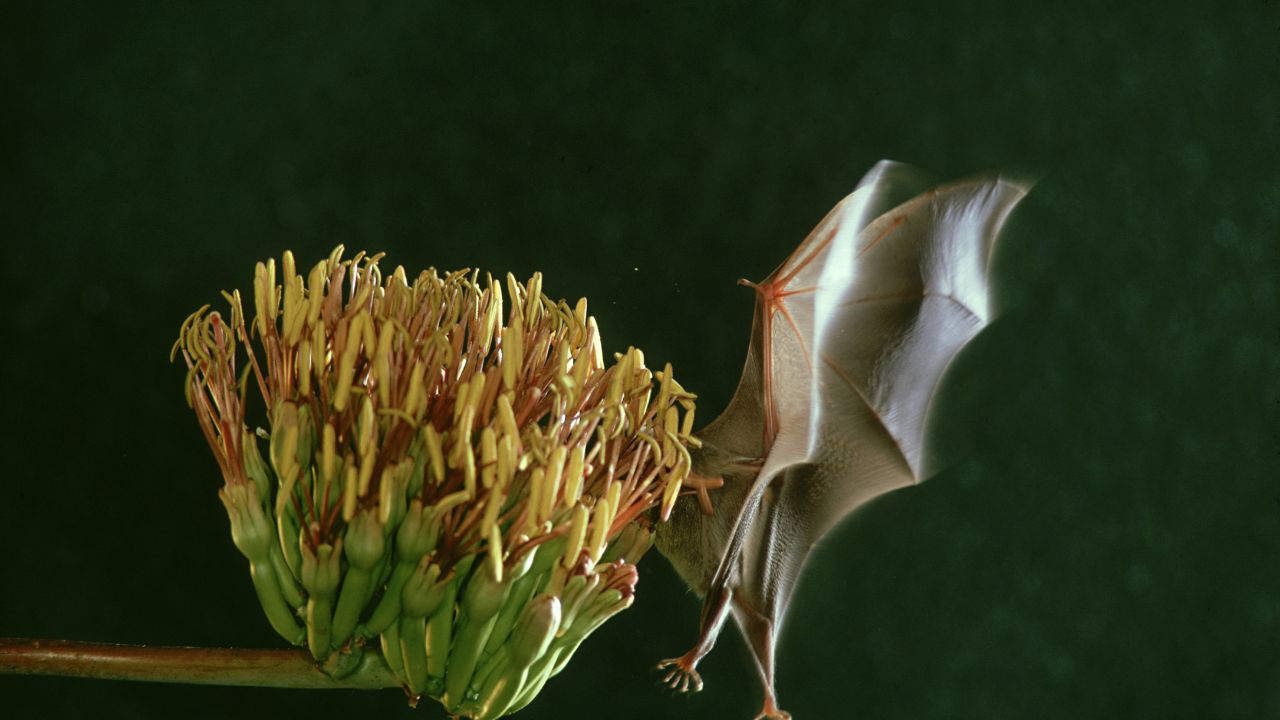
Some bats are important pollinators, helping to pollinate plants like bananas, mangoes, and agave. Without bats, we wouldn’t have some of our favorite fruits and even chocolate!
5. Bats Aid in Seed Dispersal
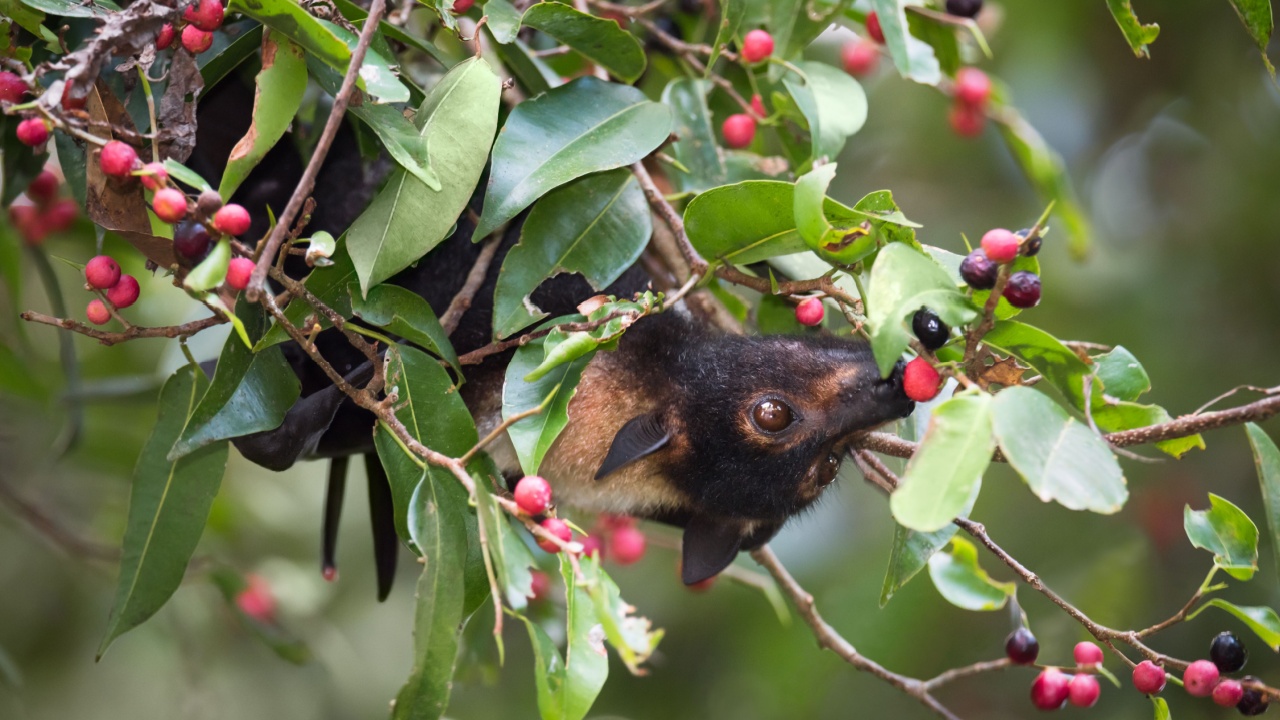
Fruit-eating bats play a crucial role in seed dispersal, helping to regenerate forests and maintain plant diversity. As they fly from place to place, they spread seeds through their droppings.
6. Bats Are Social Creatures
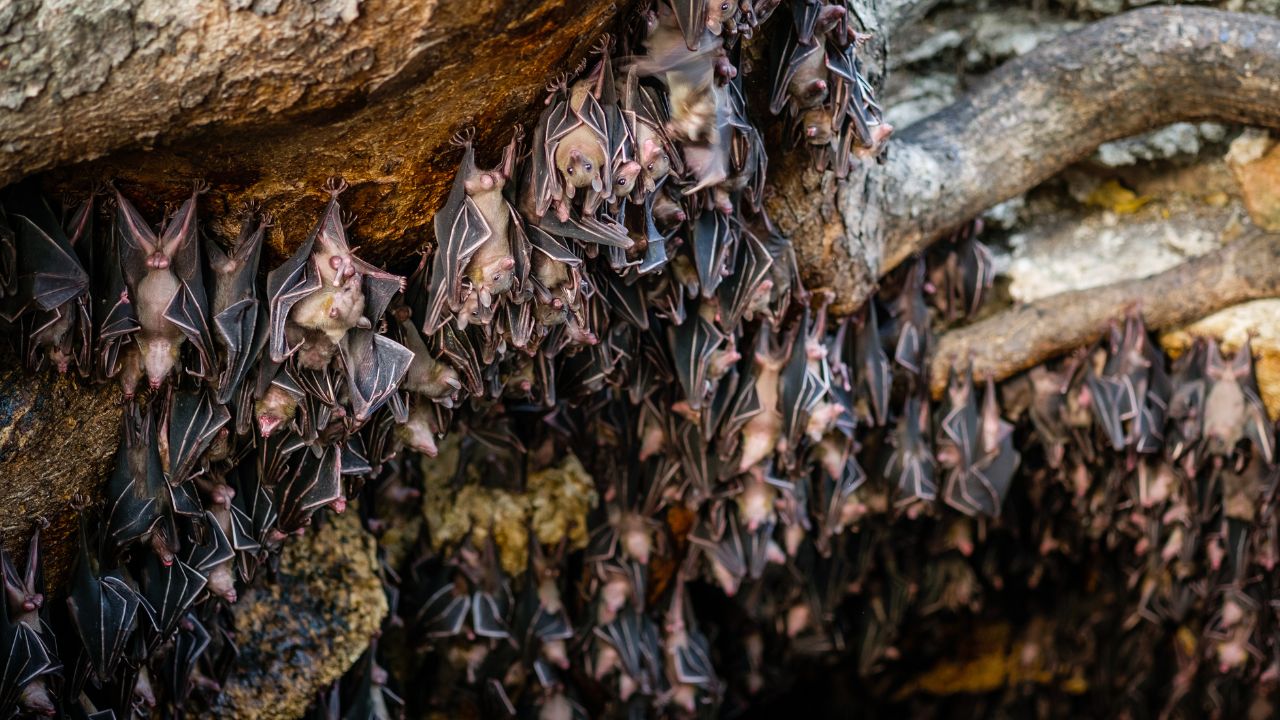
Many bat species are super social, living in large colonies that can number in the millions. They communicate with each other using a variety of sounds and even engage in social grooming.
7. Bats Have Unique Adaptations
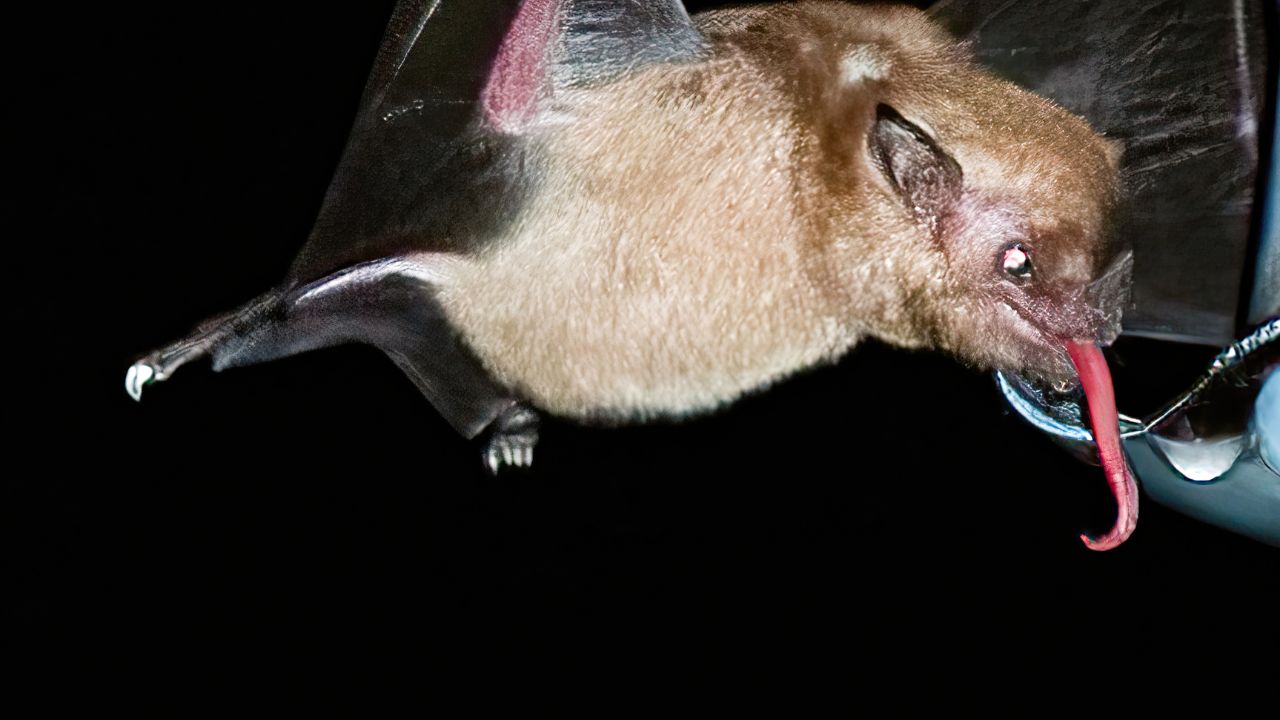
Bats have evolved many unique adaptations, such as echolocation, which allows them to navigate and find prey in the dark. Some species have specialized tongues for pollinating flowers, while others have large ears for detecting insects.
8. Bats Help Reduce Disease
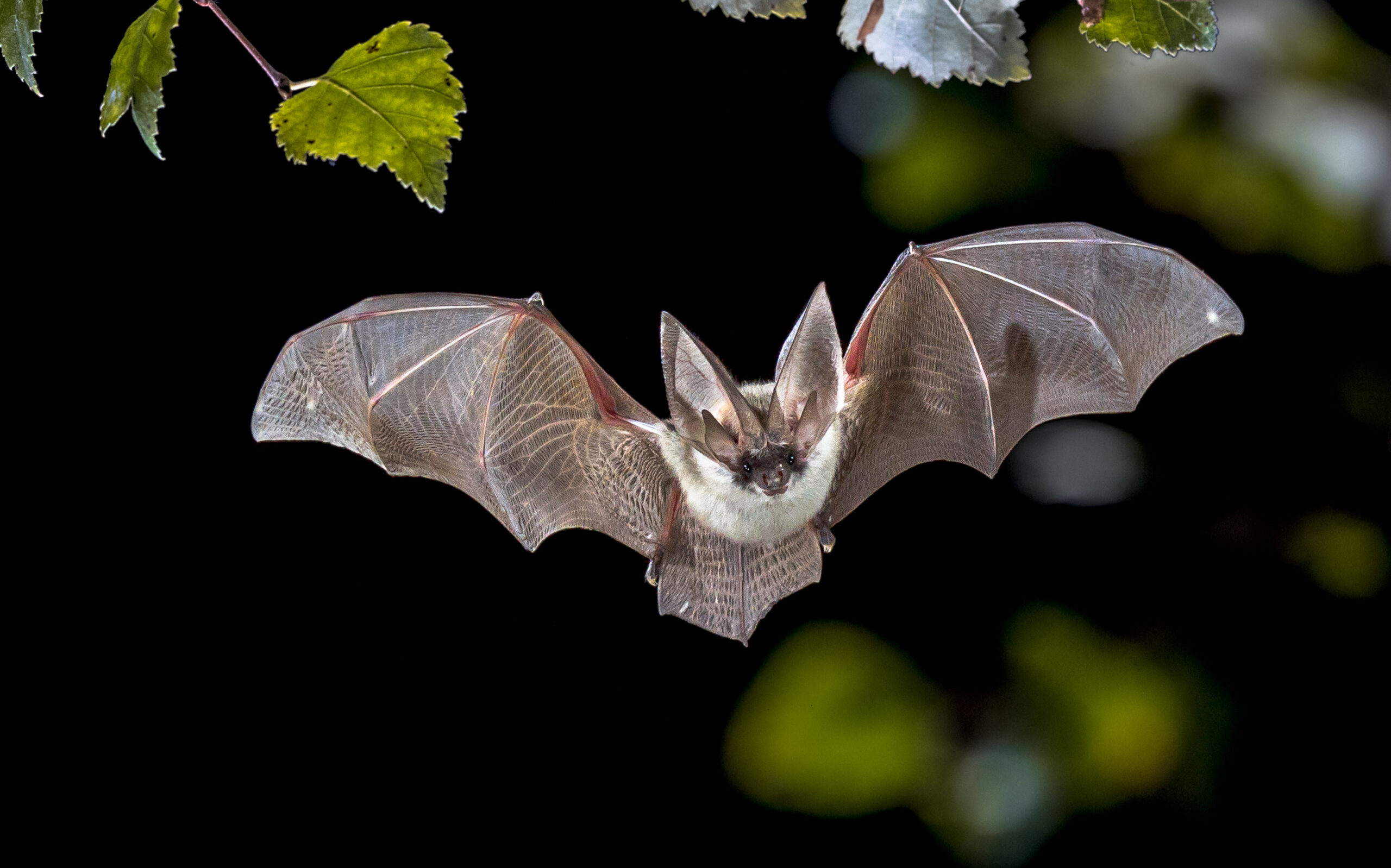
By consuming disease-carrying insects like mosquitoes, bats help reduce the spread of diseases like malaria and Zika virus. This makes them important allies in protecting human health.
9. Bats Inspire Scientific Research

The unique abilities of bats have inspired many scientific and medical advancements. For example, studying bat echolocation has led to improvements in sonar and radar technology.
10. Bats Are Fascinating to Watch
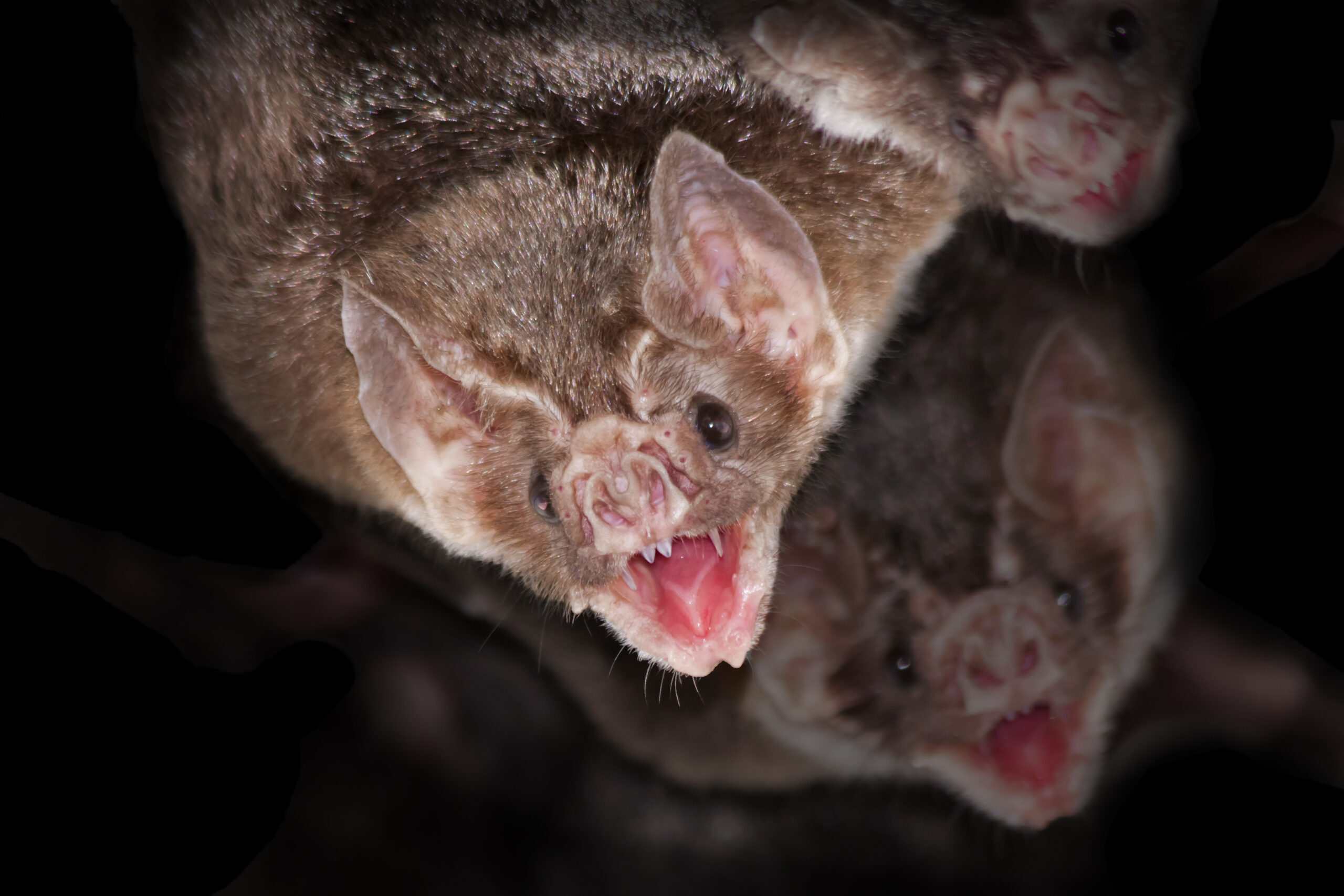
Observing bats in their natural habitat can be a thrilling experience. Watching them emerge from their roosts at dusk and swoop through the night sky is a sight to behold.
11. Bats Have a Long History with Humans
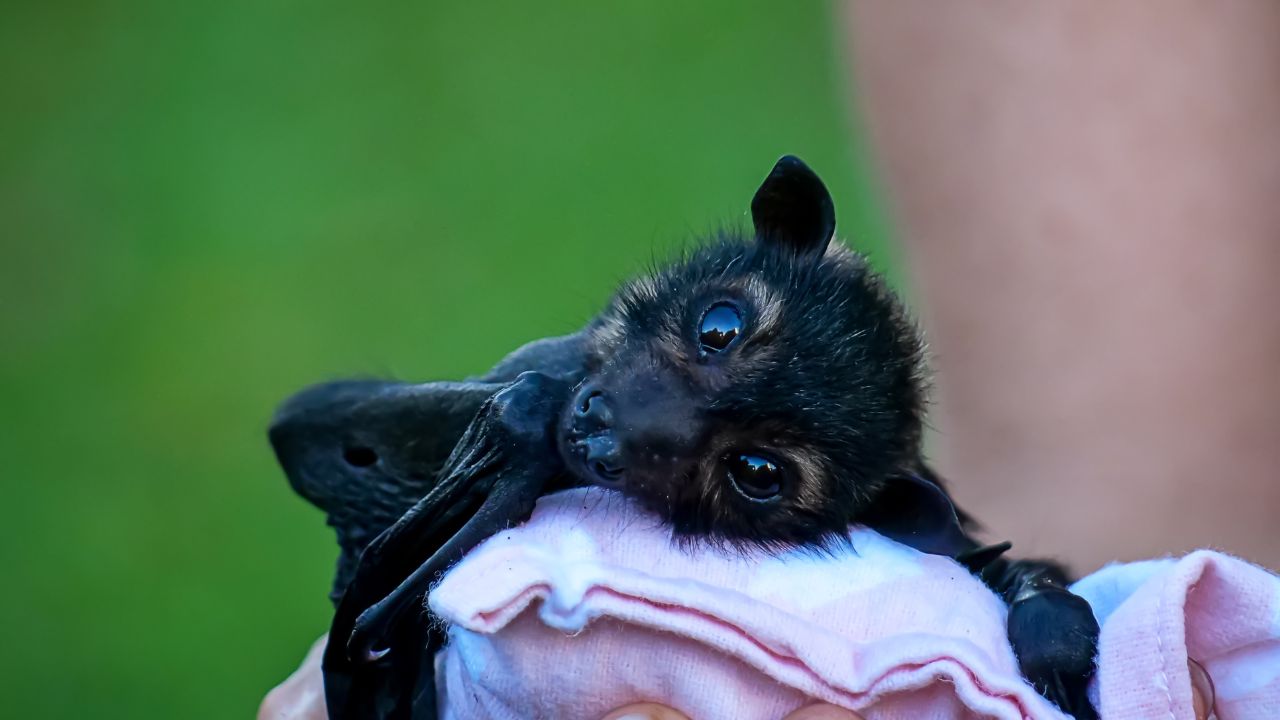
Bats have been a part of human culture for thousands of years, appearing in art, mythology, and literature. From ancient cave paintings to modern comic book characters like Batman, bats have captured our imagination.
12. Bats Are Important Indicators of Ecosystem Health
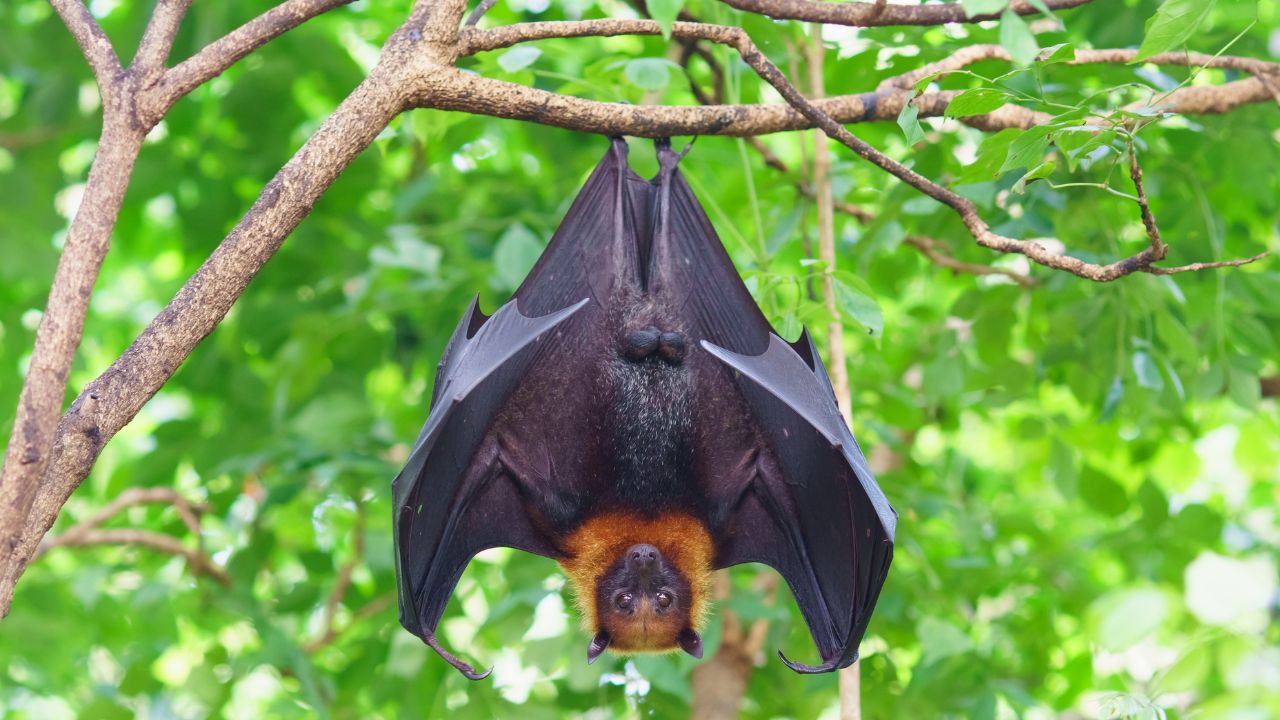
As sensitive creatures, bats can serve as indicators of the overall health of an ecosystem. Changes in bat populations can alert us to environmental problems like habitat loss or pollution.
13. Bats Face Many Threats
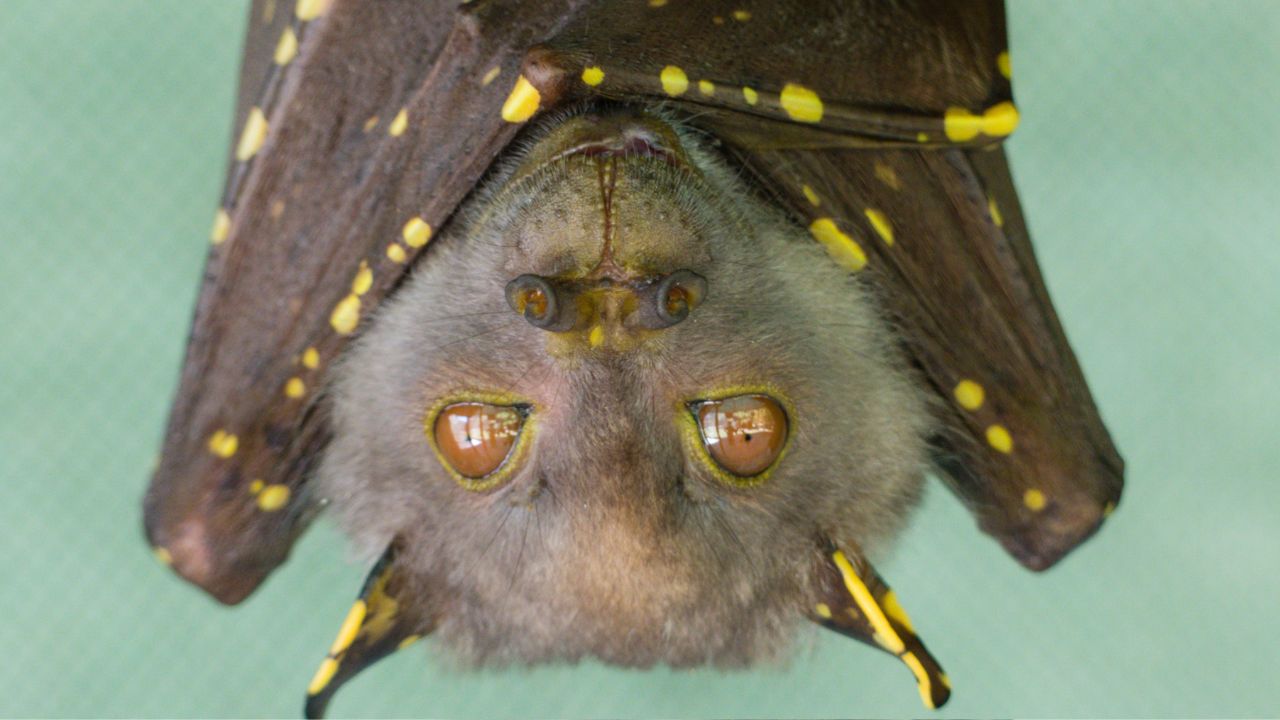
Despite their importance, bats face numerous threats, including habitat destruction, disease, and persecution. Many species are endangered or threatened, making bat conservation efforts crucial.
14. Bats Are Gentle Creatures
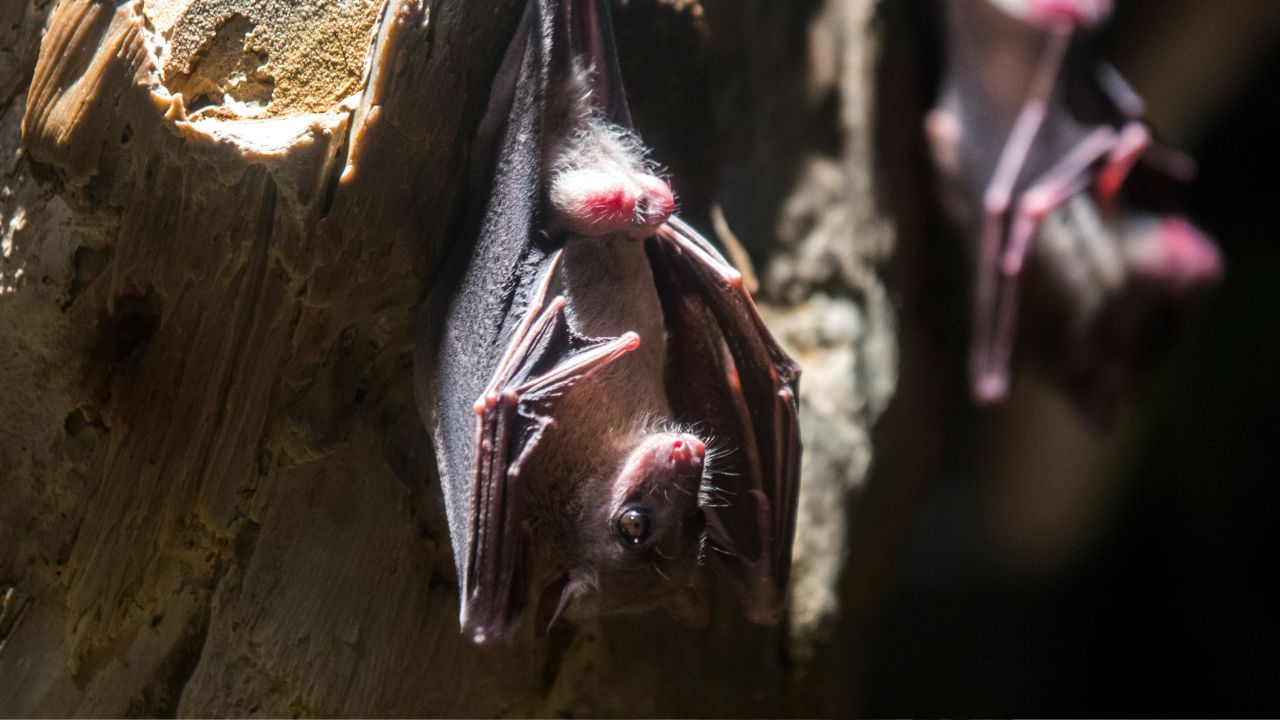
Contrary to popular belief, bats are gentle animals that pose little threat to humans. They are not aggressive and rarely transmit diseases to people.
15. Bats Have Unique Sleeping Habits
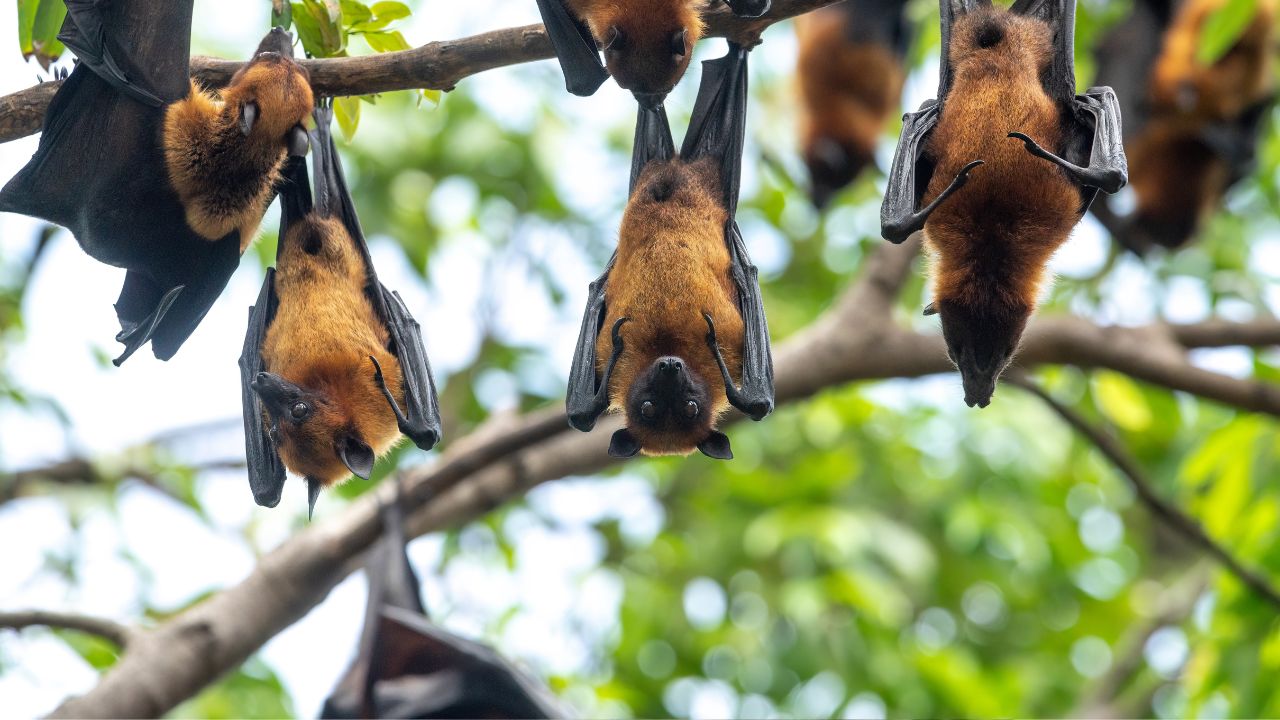
Most bat species are nocturnal, meaning they are active at night and sleep during the day. Many bats sleep upside down, hanging from their feet in caves, trees, or buildings.
16. Bats Have Impressive Longevity
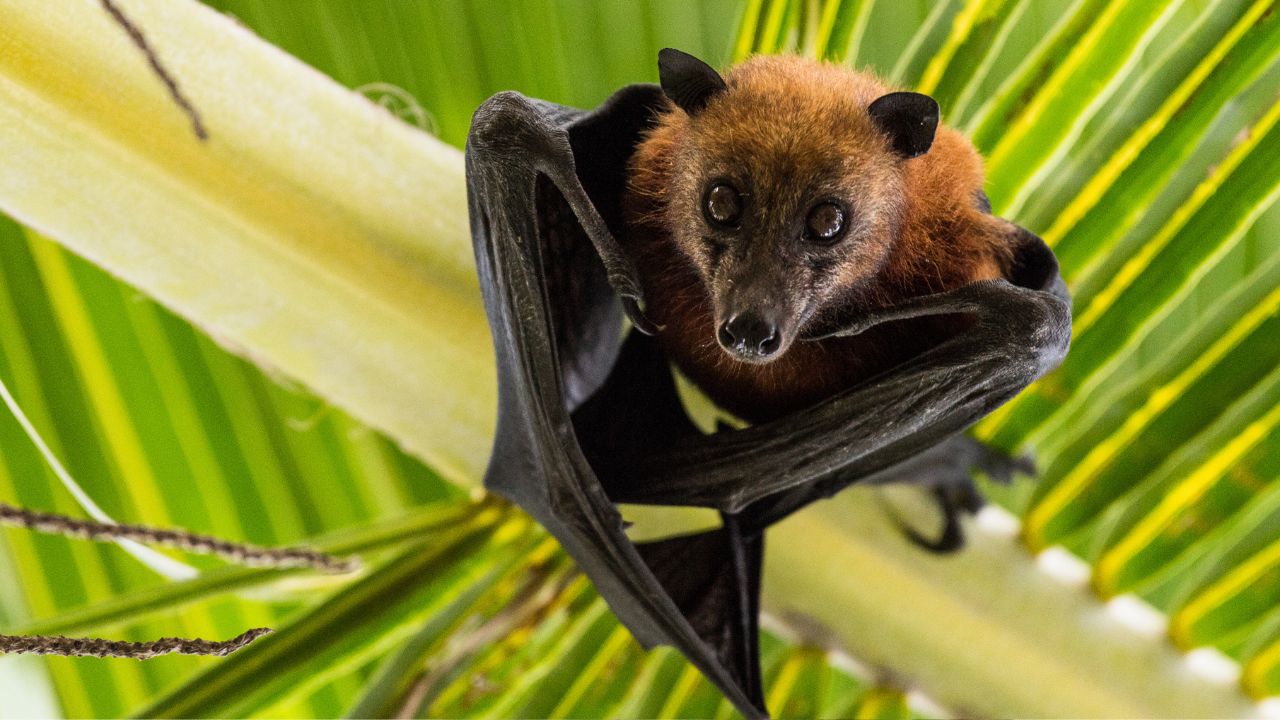
Some bat species can live remarkably long lives, with certain individuals recorded living over 30 years in the wild. This is quite impressive for small mammals.
17. Bats Play a Role in Seed Germination
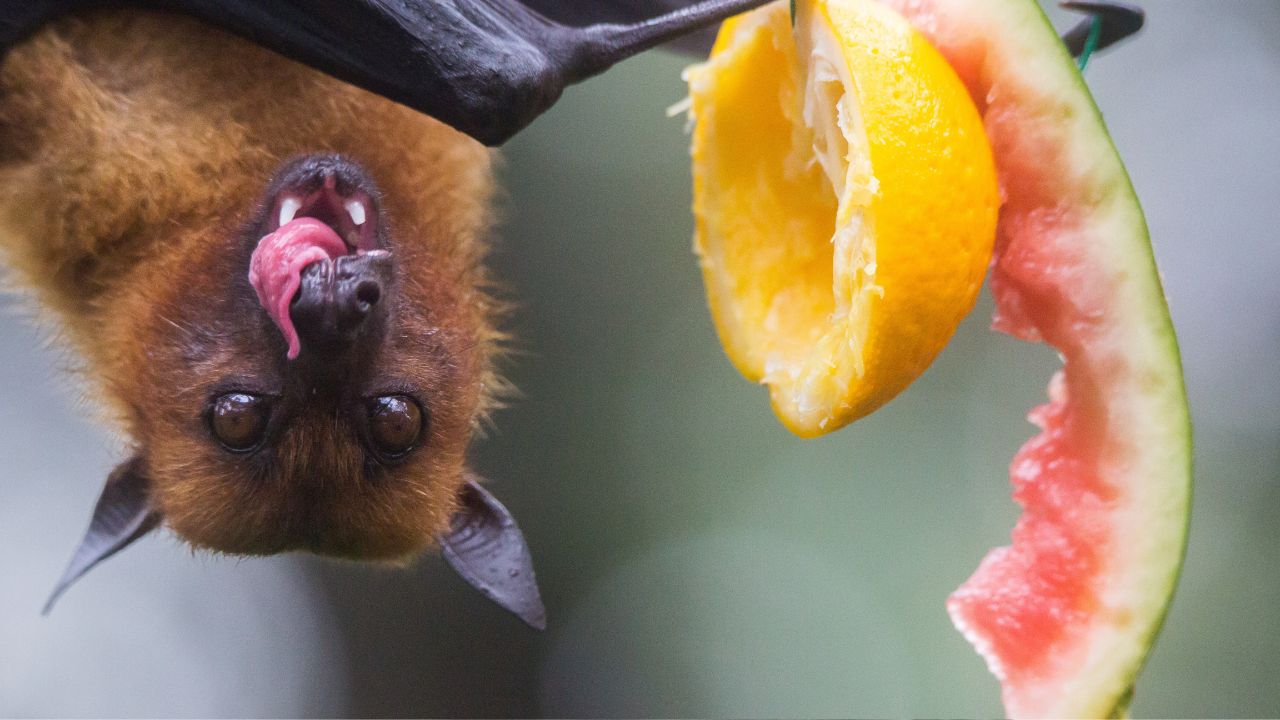
In addition to dispersing seeds, some bat species actually help seeds germinate through their droppings. Bat guano provides nutrients that can help seeds sprout and grow.
18. Bats Are Simply Cool
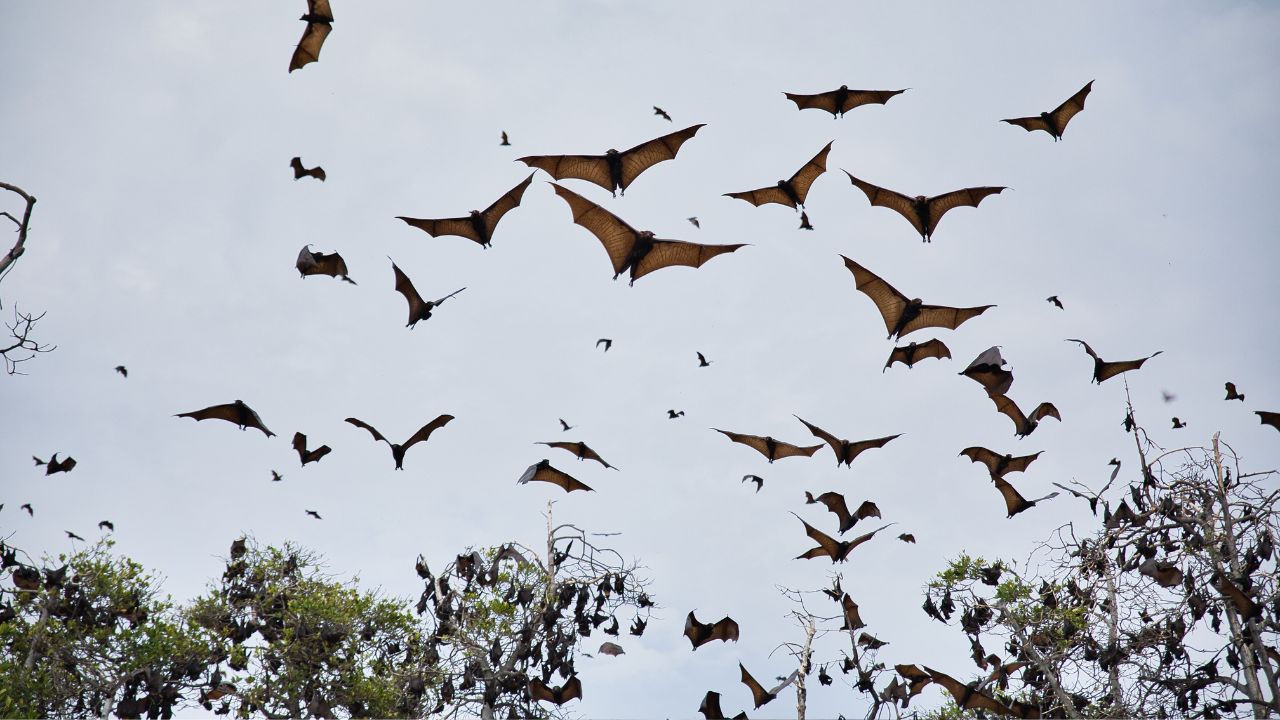
From their incredible flying abilities to their unique adaptations, bats are just cool creatures. The more we learn about them, the more we can appreciate and marvel at these amazing animals.
Becky is a fervent wildlife enthusiast and pet care expert with a diploma in canine nutrition. Her love for animals stretches beyond the domestic, embracing the wild tapestry of global fauna. With over a decade of experience in animal welfare, Becky lends her expertise to OutlandishOwl through insightful articles, captivating wildlife information, and invaluable guidance on pet nutrition. Her work embodies a deep commitment to understanding the intricate lives of animals and a passion for educating others on sustaining natural habitats. Becky's hands-on conservation efforts and her knack for translating complex dietary science into practical pet feeding tips make her an indispensable voice for creatures great and small.

